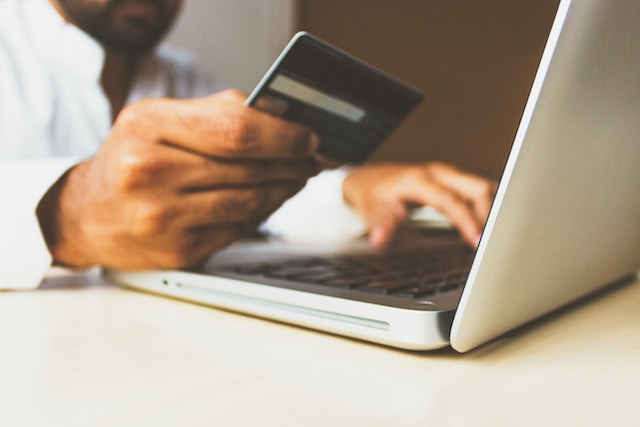Online gambling offers the excitement of casinos from the comfort of your home, but it also comes with responsibilities, particularly when it comes to protecting your privacy. Just as you’d secure your personal belongings in a physical casino, safeguarding your personal information is essential in the digital realm. In this article, we’ll explore the importance of privacy in online gambling and share valuable tips to ensure your personal information remains safe while you enjoy the best slots online.
Why Privacy Matters in Online Gambling
In the world of online gambling, your personal information is like gold. It includes your name, address, financial details, and even your gaming history. Malicious actors may attempt to access this information for identity theft, fraud, or other nefarious purposes. That’s why safeguarding your privacy should be a top priority.
Choose Reputable Online Casinos
The first step in protecting your privacy is selecting a reputable online casino. Look for platforms that are licensed and regulated by recognized authorities. These casinos adhere to stringent security standards and are less likely to compromise your information.

Check for Encryption and Secure Connections
Before you provide any personal information, make sure the casino’s website is secure. Look for “https://” in the URL and a padlock icon in the address bar. This indicates that the site uses encryption to protect data transmission, making it difficult for hackers to intercept your information.
Use Strong and Unique Passwords
When creating an account, use strong and unique passwords. Avoid using easily guessable information like your birthdate or “password123.” A mix of uppercase and lowercase letters, numbers, and symbols can significantly increase the security of your account.
Enable Two-Factor Authentication (2FA)
Many online casinos offer the option of two-factor authentication (2FA). This adds an extra layer of protection by requiring a second piece of information, such as a code sent to your phone, in addition to your password. Be cautious of phishing attempts. Scammers may send emails or messages pretending to be from the casino, asking for your login credentials or financial information. Always verify the sender’s email address and avoid clicking on suspicious links.
Share Only Necessary Information
Online casinos require certain information for account verification and processing transactions. However, they should never ask for unnecessary information like your social security number or password. Only provide the information required for legitimate purposes.

Regularly Monitor Your Accounts
Regularly review your online casino accounts and financial statements to spot any unusual activity. If you notice anything suspicious, contact the casino’s customer support immediately. Aside from keeping your personal information secure, privacy is also important for responsible gaming. Many casinos offer the option to set deposit limits or self-exclusion, which can help you keep track of your gambling habits and ensure that you play within your means.
In Conclusion
Your privacy is a valuable asset, especially in the digital age of online gambling. By choosing reputable casinos, using strong passwords, enabling two-factor authentication, and staying vigilant against phishing attempts, you can significantly reduce the risk of your personal information falling into the wrong hands. Prioritizing your privacy ensures that your online gambling experience remains safe, enjoyable, and worry-free. Remember, a few proactive steps can go a long way in protecting what matters most – your privacy.

